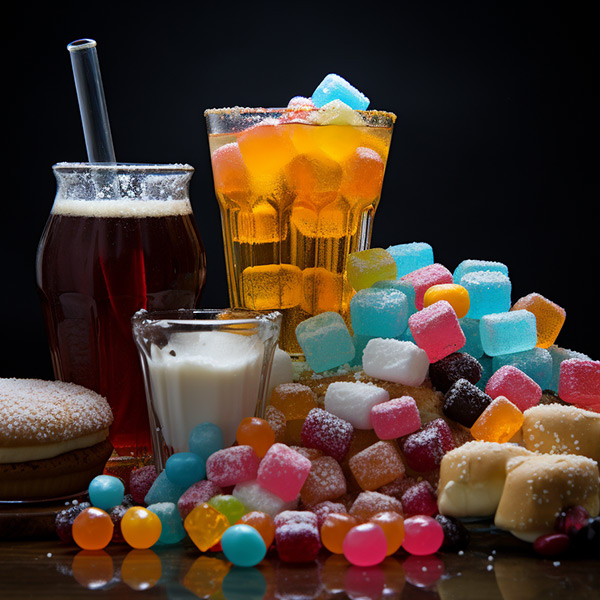Everyone feels better when the sun comes out, but sunbathing has had such a bad press for so long that the health benefits of getting out in the sun have been almost forgotten by a generation that now believes sunbathing is as bad for your health as smoking. It is true that the wrong kind of exposure to the sun will increase your risk of skin cancer, but the right kind of safe exposure to the sun will make you happier and healthier.
The damage caused by staying too long in intense sunlight does increase the risk of skin cancer but safe sun exposure has been shown to help alleviate a host of problems ranging from chronic skin conditions including acne, eczema, and psoriasis; lower cholesterol levels, prevent heart disease, and ward off depression. Even better, according to some health experts, sunshine may even prevent more cancers than it causes
While natural light is produced by the sun, artificial light sources can include incandescent bulbs, fluorescent tubes and light-emitting diodes (LEDs). Which to much exposure of artificial light has many negative effects on your health. Sunlight contains all the colours of the spectrum, which is necessary for photosynthesis in plants and the same applies for humans the sun is vital to human health.
The human skin uses the energy from the sun to manufacture Vitamin D. Sunlight triggers the body to make its own Vitamin D, which is crucial not only for strong bones and healthy teeth, but for keeping the immune system healthy too. It strengthens the immune system and helps with proper mineral absorption.



